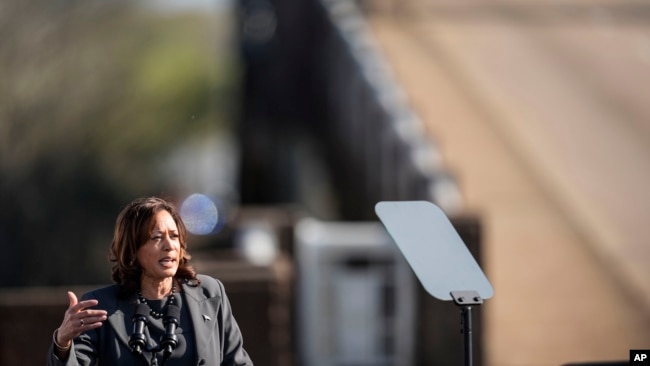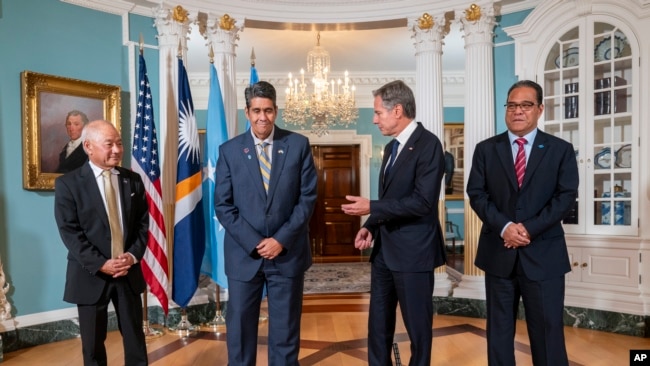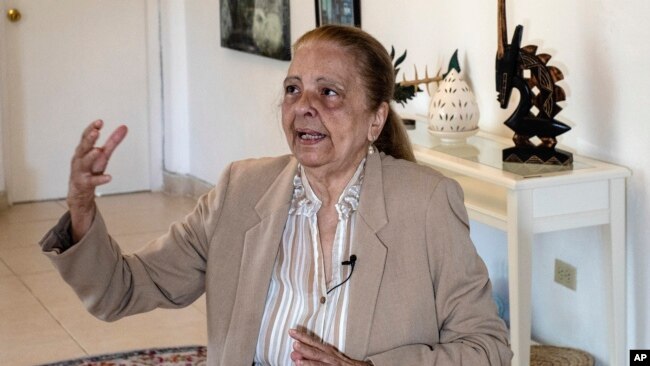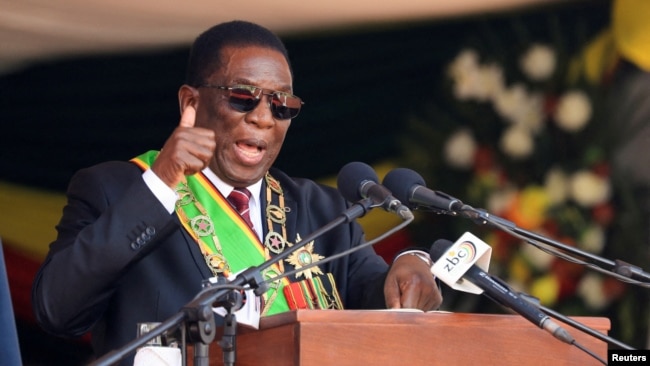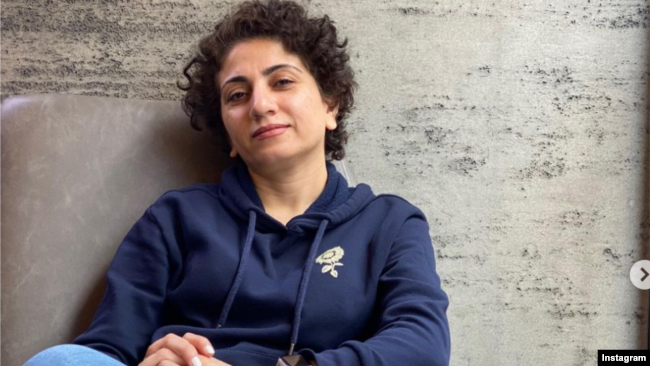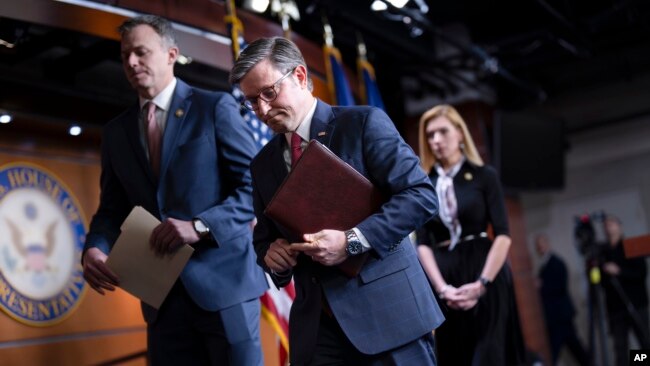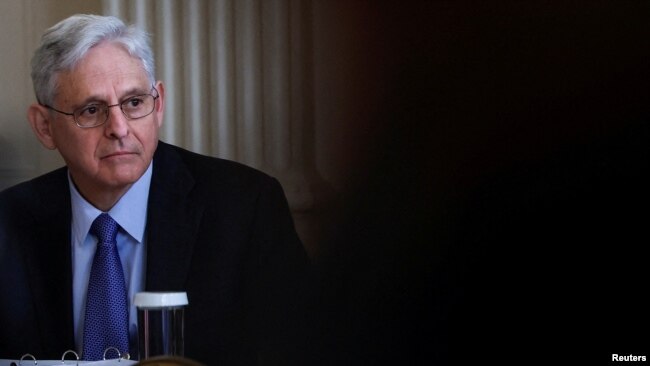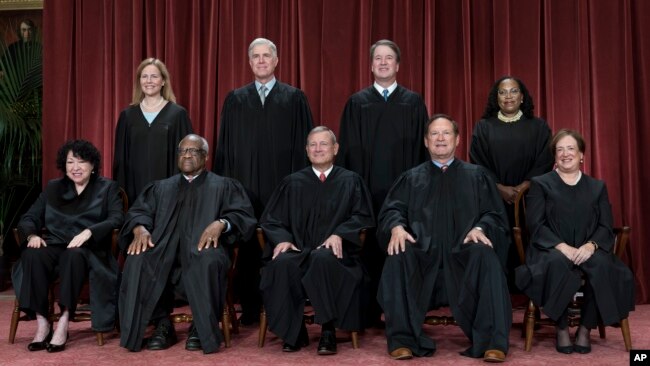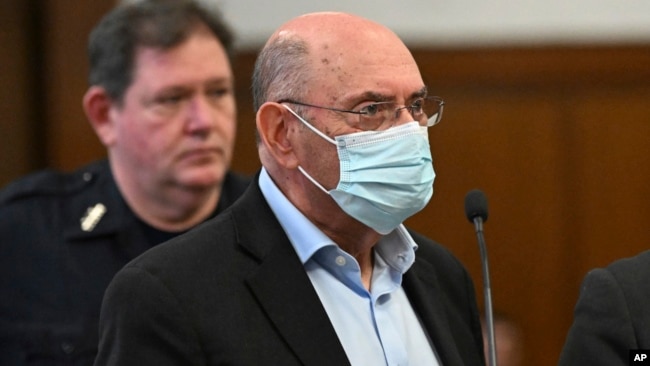WHO “북한 내 코로나 급속 확산 우려”…전문가들 “열악한 보건 체계로 상황 훨씬 심각할 것”
"Worried about the rapid spread of COVID-19 in North Korea"...Experts "The situation will be much worse with a poor health system."
페이지 정보
작성자 안소영 작성일 22-05-17 07:14 댓글 0본문
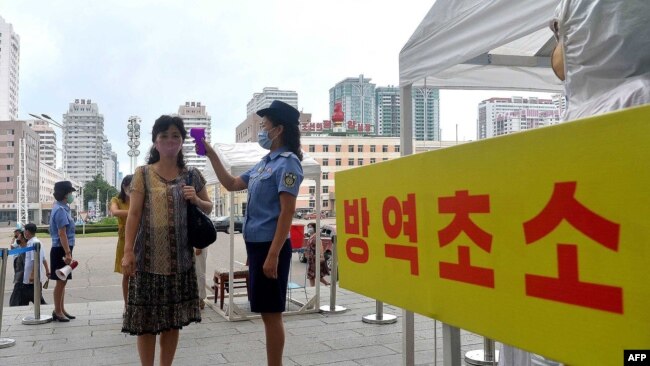
지난 2020년 8월 북한 평양역에서 신종 코로나바이러스 방역을 위해 직원이 이용객의 체온을 재고 있다.
In August 2020, an employee is taking the temperature of a user to prevent COVID-19 at Pyongyang Station in North Korea.
북한이 연일 신종 코로나바이러스 감염증 발병 통계를 공개하고 있는 가운데 세계보건기구가 급속한 확산 위험을 경고했습니다. 전문가들은 북한의 열악한 공중 보건 체계를 감안하면 북한 당국이 공개한 것보다 상황이 훨씬 더 심각할 수 있다고 지적했습니다. 안소영 기자입니다.
The World Health Organization warned of the risk of rapid spread as North Korea releases statistics on the outbreak of COVID-19 every day. Experts point out that given the poor public health system in North Korea, the situation could be much worse than what the North Korean authorities have revealed. I'm reporter Ahn Soyoung.
세계보건기구(WHO)는 16일 북한에서 신종 코로나바이러스 감염증이 빠르게 확산할 위험이 있다고 경고했습니다.
The World Health Organization (WHO) warned on the 16th that there is a risk of rapid spread of COVID-19 in North Korea.
WHO는 이날 푸남 케트라팔 씽 동남아시아 지역사무소 소장 명의의 성명을 내고 북한이 아직 신종 코로나 백신을 도입하지 않은 점을 지적하며 이같이 밝혔습니다.
On the same day, he issued a statement in the name of the head of the Southeast Asian regional office of Poonam Ketrapal Sing, pointing out that North Korea has not yet introduced a new coronavirus vaccine.
그러면서 “(북한이) 신종 코로나 접종을 시작하지 않은 국가라는 점에서 즉각적이고 적절한 대책으로 대응하지 않으면 바이러스가 대중 사이에 급속히 확산할 위험이 있다”고 우려했습니다.
"There is a risk that the virus will spread rapidly among the public if (North Korea) does not respond with immediate and appropriate measures, given that it is a country that has not started vaccinating for COVID-19."
이어 “우리는 북한 정부가 전염병에 대응하고 생명을 구할 수 있도록 지원할 준비가 돼 있다”고 밝혔습니다.
"We are ready to help the North Korean government respond to infectious diseases and save lives," he said.
코로나 검사 확대와 발병 사례 관리 강화, 상황별 공중 보건 및 사회적 조치, 필수적인 의약품 제공, 기술 지원을 제공할 것을 약속한다는 겁니다.
It promises to expand COVID-19 tests, strengthen case management, provide public health and social measures by situation, provide essential medicines, and provide technical support.
WHO는 아울러 백신 공급 프로젝트 코백스를 통해 이용할 수 있는 신종 코로나 백신에 대한 필요한 정보를 북한 당국에 제공하며 계속 협력하고 있다고 덧붙였습니다.
It also added that it continues to cooperate with North Korean authorities by providing necessary information on the new coronavirus vaccine available through the vaccine supply project COVAX.
북한 관영 ‘조선중앙통신’에 따르면 16일 기준 신종 코로나 신규 발열자가 27만 명, 사망자가 6명 발생했고, 누적 사망자 56명에 누적 발열자는 150만 명에 육박합니다.
According to North Korea's state-run "Chosun Central News Agency," as of the 16th, there were 270,000 new cases of COVID-19 and six deaths, and 56 cumulative deaths and nearly 1.5 million cumulative fever.
전문가들은 공중보건 시스템이 열악한 북한 내 상황 등을 고려하면 실제 코로나 발병 상황은 공개된 것보다 훨씬 심각할 것이라고 지적했습니다.
Experts pointed out that considering the situation in North Korea, where the public health system is poor, the actual COVID-19 outbreak will be much more serious than disclosed.
제롬 소바쥬 전 유엔개발계획(UNDP) 평양사무소장은 16일 VOA와의 전화 통화에서 열악한 북한의 보건 시스템을 고려하면 코로나 발병이 상상한 것보다 더욱 참혹한 결과를 가져올 수 있을 것이라고 말했습니다.
Jerome Sobage, former head of the U.N. Development Program (UNDP) Pyongyang office, told VOA on the 16th that considering the poor North Korean health system, the COVID-19 outbreak could have more disastrous results than expected.
[녹취: 소바쥬 전 소장] “Given the lack of a health system, the consequences of COVID19 in North Korea could be more devastating than we imagine. We’re talking about a general absence of most basic supplies, whether it is basic medicine, such as aspirin, anti-pain medicine to basic supply of water, electricity in the health facilities.”
[Recording: Former director of Sobage] "보건 시스템의 부재를 고려할 때, 북한의 코로나19의 결과는 우리가 상상하는 것보다 더 파괴적일 수 있습니다. 우리는 아스피린, 기본적인 물 공급에 대한 항진통제와 같은 기본적인 약이든, 보건 시설에서의 전기 공급이든, 대부분의 기본적인 공급의 부재에 대해 이야기하고 있습니다."
소바쥬 전 소장은 해열제인 아스피린과 진통제 등 기본적인 의약품이 부족하고 의료 시설 내 수도, 전기 등도 제대로 공급이 안 되는 상황이라고 말했습니다.
Former director Sobage said there is a shortage of basic medicines such as aspirin and painkillers, and water and electricity in medical facilities are not properly supplied.
또한 전체 주민의 절반 가까이가 영양부족을 겪고 있어 고령층 등 취약 계층에서 중증 환자가 발생할 가능성이 다른 국가보다 더욱 높다고 지적했습니다.
It also pointed out that nearly half of all residents suffer from malnutrition, making it more likely that severe patients will occur in vulnerable groups such as the elderly than in other countries.
특히 북한이 코로나 백신을 도입하지 않으면서 집단 면역이 전혀 형성되지 않은 점은 현 상황을 더욱 위험하게 한다고 소바쥬 전 소장은 말했습니다.
In particular, former director Sobaju said that the fact that North Korea did not introduce a coronavirus vaccine and no group immunity was formed makes the current situation more dangerous.
[녹취:소바쥬 전 소장] “The absence of vaccine is extremely dangerous because they’re playing a game of hoping that the population will develop a general immunity herd immunity from getting sick. This could have almost a recurring the 1919 Spanish flu.”
[Recording: Former director of Sobage] "백신의 부재는 매우 위험합니다. 왜냐하면 그들은 사람들이 병에 걸리지 않도록 면역력을 발달시키기를 바라는 게임을 하기 때문입니다. 이는 1919년 스페인 독감이 거의 재발할 수 있습니다."
북한은 코로나에 노출된 뒤 자연적으로 면역이 생기는 집단 면역을 기대하는 일종의 게임을 하고 있으며, 이는 1919년 스페인 독감 당시를 연상시킨다는 겁니다.
North Korea is playing a kind of game that expects mass immunity, which naturally develops after exposure to COVID-19, reminiscent of the time of the Spanish flu in 1919.
북한에 백신이 공급되더라도 접종 시기가 이미 늦었을 수 있다는 지적도 나옵니다.
Some point out that even if a vaccine is supplied to North Korea, it may be too late to be vaccinated.
마틴 맥키 런던 위생·열대의학대학원 교수는 이날 VOA에 대북 백신 지원이 실제로 이뤄져도 북한 내 현 코로나 대유행을 막을 수 없다고 말했습니다.
Martin McKee, a professor at the London School of Hygiene and Tropical Medicine, told VOA that even if vaccine support is actually provided to North Korea, the current COVID-19 pandemic in North Korea cannot be prevented.
[녹취: 맥키 교수]” Even if you got all the vaccines in North Korea, that's not going to stop this particular wave of the pandemic because it's going to take weeks or months to get a high level of uptake. I mean, it will take months, even when you have actually several weeks to get that degree of protection.”
[Recording: Professor McKee] 북한에서 모든 백신을 접종했다고 해서 전염병의 특정 파동을 막을 수 있는 것은 아닙니다. 높은 수준의 백신을 접종하려면 몇 주 또는 몇 달이 걸리기 때문입니다. 실제로 그 정도의 보호를 받으려면 몇 주가 걸리더라도 몇 달은 걸릴 것입니다."
공중보건 전문가인 맥키 교수는 백신 접종 후 어느 정도의 효과를 보기까지는 몇주 또는 몇달이 소요되는데 시간이 부족하다고 설명했습니다.
Professor McKee, a public health expert, explained that it takes weeks or months to see some effect after vaccination, but there is not enough time.
또한 북한에 백신 접종을 위해 필수적인 냉장 설비(Cold Chain)가 부족하다는 한계도 지적했습니다.
He also pointed out the limitation of North Korea's lack of cold chains, which are essential for vaccination.
[녹취: 맥키 교수]” The cold chain you need for mRNA vaccines is much greater, you need colder temperatures, you need much more sophistication than you do with the standard vaccines. So although they do have a cold chain, it will be very unlikely to be able to be any support the mRNA vaccination program.”
[Recording: Professor McKee] mRNA 백신에 필요한 콜드 체인(cold-chain)은 훨씬 더 크고, 더 낮은 온도와, 표준 백신보다 훨씬 더 정교해야 합니다. 그래서 비록 그들이 차가운 사슬을 가지고 있지만, 그것은 mRNA 백신 프로그램을 지원할 수 있을 것 같지 않습니다."
맥키 교수는 화이자나 모더나 코로나 백신인 mRNA 백신을 위한 냉장 설비는 기본적인 백신보다 더욱 크고 저온이며 정교한 것이어야 한다며, 북한에 이 같은 냉장 설비가 구비돼 있어도 mRNA 백신 프로그램을 위한 것은 아니라고 말했습니다.
Professor McKee said that refrigeration facilities for the mRNA vaccine, a Pfizer, Moder, or coronavirus vaccine, should be larger, cooler and more sophisticated than basic vaccines, and that even if such refrigeration facilities are in North Korea, they are not for the mRNA vaccine program.
또한 이 같은 백신 냉장 설비 설치에는 고도의 전문성이 필요해 국제기구와의 협력, 조율이 필수임에도 불구하고 북한은 이미 모니터링을 이유로 관련 지원을 수용하지 않는 것으로 알려져 있다고 말했습니다.
He also said that North Korea is known to refuse to accept related support for monitoring, even though it requires high expertise to install such vaccine refrigeration facilities and cooperation with international organizations.
맥키 교수는 북한 내 신종 코로나 발병 상황 악화를 막기 위해 국제사회의 신속한 대북 코로나 지원이 필수적인데 북한이 이에 응하지 않는 것이 큰 문제라고 지적했습니다.
Professor McKee pointed out that rapid COVID-19 support from the international community is essential to prevent the worsening of the COVID-19 outbreak in North Korea, and North Korea's refusal to respond is a big problem.
탈북민 출신인 최정훈 고려대 공공정책연구소 연구교수는 북한의 후진적인 전염병 대응책이 상황을 악화시키고 있다고 전했습니다.
Choi Jeong-hoon, a former North Korean defector and a research professor at Korea University's Public Policy Institute, says North Korea's backward response to infectious diseases is worsening the situation.
전염병에 예민한 북한이 가장 현실적으로 할 수 있는 방법은 봉쇄와 격리인데 근본적으로 지켜질 수 없는 조건이라는 겁니다.
The most realistic way for North Korea, which is sensitive to infectious diseases, can be blocked and quarantined, which cannot be fundamentally followed.
[녹취: 최 교수] “북한식 폐쇄 방역 대응에서 가장 큰 난제가 무엇인가 하면 일단 유열자, 의심자들을 격리시키잖아요. 그런데 격리를 시키려면 일단 식량을 대줘야 하잖아요. 생존을 유지하게 하면서 격리를 시켜야 하는데 격리 현장에서 식량 보장이 안 돼요. 그러니까 오늘 격리 시킨 사람들이 내일 배가 고파서 도망친다고요. 그러니까 가장 기본적인 격리가 안 되니까 감염병 확산이 멈춰질 수 없는 겁니다.”
[Recording: Professor Choi] "The biggest challenge in responding to North Korean-style closed quarantine measures is to isolate those who are suspected of being defected. But we need to feed them to quarantine them. We have to quarantine it while keeping it alive, but we can't guarantee food at the quarantine site. So, the people who quarantined today will run away because they are hungry tomorrow. That's why the spread of infectious diseases cannot be stopped because of the most basic quarantine."
최 교수는 그러면서 북한이 최대 비상방역체계를 가동하면서 지역별 봉쇄 조치를 강화하겠다고 밝힌 것은 이 같은 방역 정책을 고집하며 주민의 고통과 희생을 감수하겠다는 의미라고 지적했습니다.
Professor Choi pointed out that North Korea's announcement that it will strengthen regional blockade measures while operating the maximum emergency quarantine system means that it will insist on such quarantine policies and sacrifice the suffering of its residents.
20년 넘게 대북 지원 사업을 펼쳐온 미국 내 한 구호단체는 코로나 발병으로 인한 북한 내 2차, 3차 피해를 우려했습니다.
A U.S. relief organization that has been supporting North Korea for more than 20 years has feared secondary and tertiary damage in North Korea due to the COVID-19 outbreak.
국제기구, 외부 의료진 등의 공백 상황에서 면역 체계가 약한 당뇨, 결핵, 영양실조 환자들이 코로나에 노출되면 짧은 시간 내에 사망할 수 있다는 겁니다.
In the absence of international organizations and external medical staff, diabetes, tuberculosis, and malnutrition patients with weak immune systems can die within a short period of time if they are exposed to COVID-19.
이 단체 는 또한 북한 내 이동 제한 조치가 강화하면서 가을 수확과 식량 공급 상황이 더욱 악화될 것이라고 내다봤습니다.
The group also predicted that autumn harvests and food supply conditions will worsen as restrictions on movement in North Korea are tightened.
VOA 뉴스 안소영입니다.
I'm Ahn Soyoung from VOA News.
출처 : VOA한국
댓글목록 0
등록된 댓글이 없습니다.


